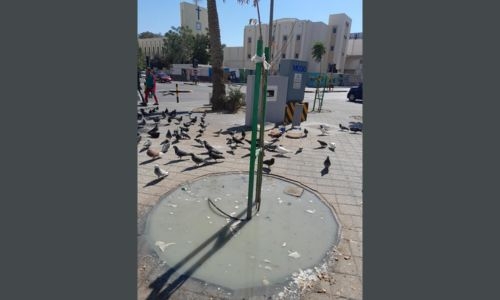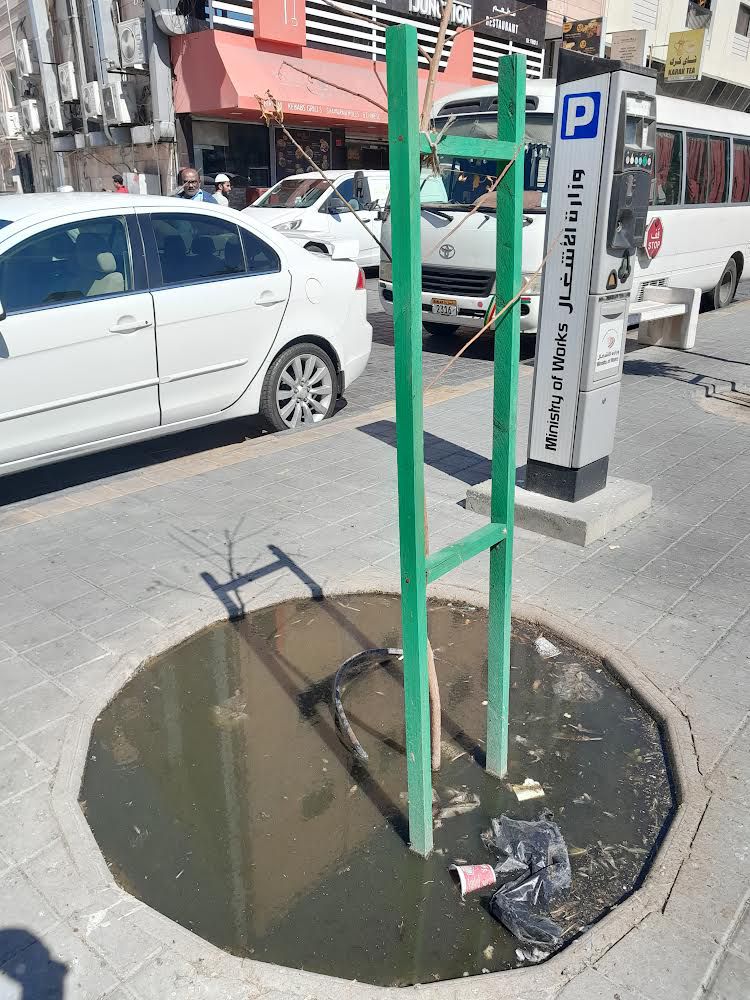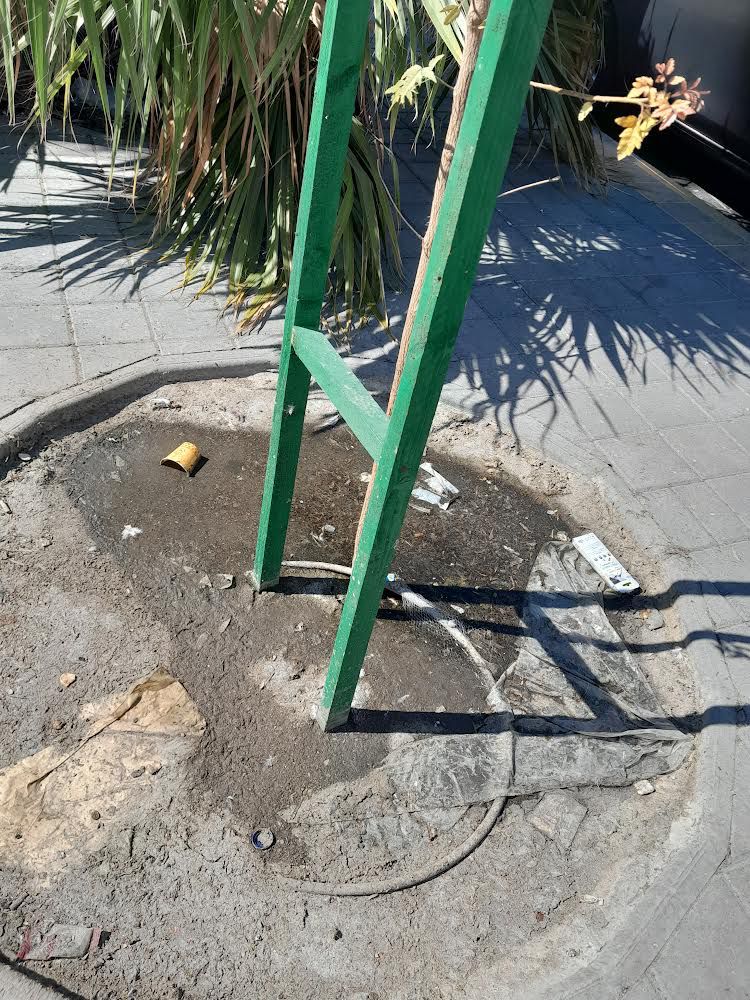When can we expect an end to littering the streets of Bahrain?
TDT | Manama
The Daily Tribune – www.newsofbahrain.com
Reports by Zahra Ayaz
A Manama resident has expressed concern over the reckless disposal of wastewater near plants and the unhygienic practice of feeding birds.
Venkata Ramana Rao Kokkiri highlighted the area near the American Mission Hospital in Manama, where plants are dying due to the indiscriminate dumping of wastewater.
“People are throwing wastewater into the plants, thinking it is a good idea.
However, it only serves to destroy them. Moreover, individuals are feeding birds in the vicinity, which poses a significant health risk.
The stench in the entire area makes it unbearable to stay for more than five minutes,” Rao Kokkiri explained.
When asked about the availability of nearby garbage cans, Rao Kokkiri highlighted that the problem mainly occurs on the main street where the signal is located.
While there is a garbage bin inside the road, people seem reluctant to walk the extra distance and instead choose to litter.
“Residents seem to think that since it is not their property, they do not need to care. However, I want to raise awareness and urge the authorities to install signboards that discourage littering, as this is a residential area,” Rao Kokkiri emphasised.
Penalties
In response to similar concerns raised by the public, the Muharraq Municipality has recently announced penalties for littering waste and feeding animals in public areas.
The municipality has imposed a fine of BD300 for individuals found feeding animals on the streets.
The decision to enforce this penalty was made due to numerous complaints received by the municipality regarding the adverse consequences of these actions.
Signs prohibiting the feeding of birds and animals have been posted to discourage such practices, as they attract flies and rats and contribute to the accumulation of rotting leftovers that are harmful to the environment.
The hope is that through increased awareness and strict enforcement of regulations, the preservation of plants and the overall improvement of the environment can be achieved.
Related Posts



